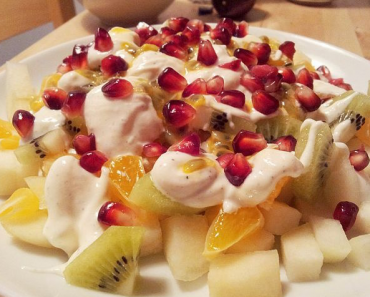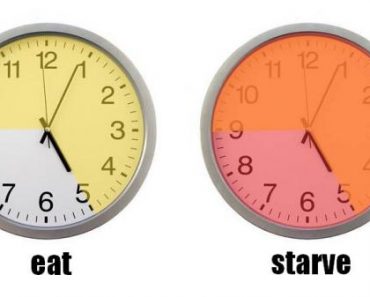Blood type B diet

Blood type B diet
According diet created by Peter D’Adamo, people with blood type B can eat many different types of food without any problems.
They have a good digestive system, but should avoid wheat, corn, buckwheat, lentils, tomatoes, peanuts and sesame seeds if they want to avoid pilling pounds. These products have a negative influence on the effectiveness of metabolism and contribute to the onset of fatigue, fluid retention in the body and decrease the level of blood sugar after meals. Also, for this blood type chicken should be on the list of forbidden foods. The list of foods that encourage attenuation are green vegetables, eggs, “good” meats (lamb, rabbit, deer, sheep) and milks and dairy products with low fat.
People with blood type B are susceptible to certain diseases such as autoimmune disorders, lupus, multiple sclerosis, chronic fatigue syndrome. D’Adamo believes that representatives of this blood group more than the other can reduce the risk of disease and be in top form if they adhere to proper diet.
It is thought that people with blood type B are creative, innovative, flexible, communicative and subjective. They have a very strong intuition.
Blood type B diet food list
| HIGHLY BENEFICIAL | NEUTRAL | HARMFUL |
Meat |
||
| goat lamb sheep rabbit deer |
buffalo beef turkey beef |
chicken meat of quail pork smoked meat |
Fish |
||
| caviar sardine mackerel pike cod sea trout |
tuna herring shark carp squid |
octopus smoked salmon shrimp oysters all types of shellfish frogs’ legs |
Milk and dairy products |
||
| goat and cow milk mozzarella goat cheese feta cheese ricotta cheese yogurt |
gouda cheese emmental cream parmesan cream cheese |
blue cheese ice cream |
Eggs |
||
| / | chicken | duck goose quail |
Vegetable |
||
| red and green peppers shiitake mushrooms ginger eggplants cauliflower carrot cabbage broccoli |
spinach potatoes onion lettuce garlic cucumber celery |
tomatoes pumpkin green and black olives aloe |
Fruits and fruit juices |
||
| watermelon plums pineapple and pineapple juice papaya banana |
apples strawberries peaches pears nectarines mango lemon lime kiwi grapefruit and grapefruit juice dried figs cherries apricots |
coconut coconut milk avocado |
Legumes |
||
| oats and oat flour | wheat flour soy flour white rice barley |
rye flour popcorn corn buckwheat |
Nuts and seeds |
||
| nuts | almond chestnut |
pistachios pumpkin sesame sunflower peanut |
Beans |
||
| red beans white beans |
green beans | lens tofu chickpeas strains granules |
Oils |
||
| olive | walnut almond linen |
sesame soybean oil sunflower peanut oil coconut |
Drinks |
||
| green tea | white wine red wine tea coffee beer |
sparkling water liquor carbonated beverages |
Herbs and spices |
||
| parsley curry |
vanilla rosemary red pepper oregano carnation chocolate / cocoa chili powder basil |
black and white pepper black pepper grains cinnamon |
Taste Additives |
||
| / | apple cider vinegar wine vinegar sea salt mustard mayonnaise baking soda apple pectin |
soya sauce gelatin ketchup |
Sweeteners |
||
| / | sugar honey fructose |
invert sugar dextrose barley malt |
PHYSICAL ACTIVITY
People with blood type B have to practice physical exercises that simultaneously challenge both the mind and the body, ie need to find a balance between exercises and meditation intensive physical exercise. The stress is hard for them and they need more time to recover from stressful situations. That’s why meditation is very important. Also, it is good practice to do activities involving other people.
Recommended activities: tennis, martial arts, hiking, cycling and golf.
ADDITIONAL TIPS
Besides diet and exercise recommendations, D’Adamo provides additional tips in how to improve the lives of people with blood type B. Here are some of them:
- Make a sleeping plan (when you go to bed and when you get up) and stick to it. For example, every day I go to bed at 23 pm and sleep at least 7-8 hours.
- Every day stating at least 20 minutes of creative activity that will take all your attention.
- The best way to relax is meditation.
- Be spontaneous.
- Tackle daily crosswords or Sudoku and other small tasks that require concentration. This will train your brain and reduce the risk of developing memory problems.
- Include yourself in charity associations or groups that will give you the feeling that you are useful to the society.






